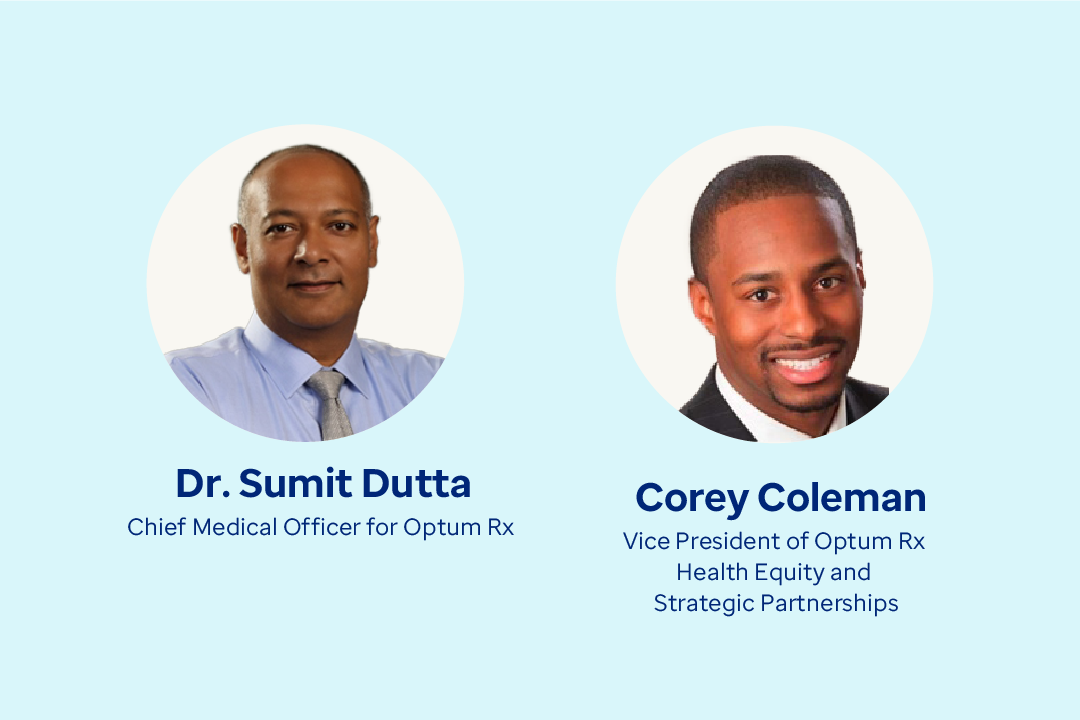AI’s evolving role in healthcare decision making
In the healthcare industry’s ongoing quest to build better, smarter and faster systems and processes, the concept and practice of using artificial intelligence (AI) has gained significant momentum. What was once an innovative concept and widely used buzzword is now an integral part of many aspects of our daily lives.
With the growth of such a powerful technology, how can AI be used within hospitals in a responsible manner? For starters, we all know that hospitals are facing challenging times. Costs are rising, and we are amid a labor shortage that’s expected to continue through 20301 and a mental health crisis that is impacting clinicians and patients alike.
The automation efficiencies that AI can generate can ease the significant, time-consuming administrative burden placed on skilled clinical staff. But as it relates to clinical decision-making and patient care, what’s the right application?
The role of AI within case and utilization management
With the availability and abundance of data comes the opportunity to transform case and utilization management to be more efficient and proactive. However, the human brain can’t possibly process and synthesize all the data in a timely manner, leaving most data underleveraged. This is where AI comes into play.
Predictive AI, an increasingly popular form, identifies patterns and trends within data to provide clinical predictions. Robotic process automation (RPA), another form of AI, is used to replace time-intensive manual tasks, such as the completion of medical reviews.
But when it comes to patient care, can we rely solely on an algorithm to know what’s really best for the patient? Can any form of AI be intelligent enough to potentially “understand” the nuances and complexities of patients and the healthcare system? And when it comes to defending the care that was delivered, can providers simply claim that they followed what the AI told them to do?
Clearly, the existence of a technology does not necessitate our singular dependence on it, nor does it relieve us from the responsibility of making informed decisions. Innovations like machine learning, natural language processing and predictive analytics are simply tools that enhance our ability to make better, more-informed decisions. They give clinicians insight into the bigger picture so they can make the most optimal decision.
Pairing AI with clinical expertise, evidence and care management
Evidence-based medicine is the foundation of patient care. All of the uses for AI — from automating medical necessity reviews or providing advanced clinical insights — rest upon or complement that foundation. For patient care decisions to be clinically defensible, AI must be used in conjunction with evidence-based criteria and the results should be evaluated by trained professionals using expert clinical judgment.
In decision support systems, it is vital that AI, clinical expertise and evidence-based criteria work together. For example, before the decision to admit is made, predictive AI can provide the probability that a patient belongs in an inpatient or observation bed, which helps case managers prioritize patients.
Once a patient is admitted, AI provides key insights into predicted initial and updated length of stay, helping case managers adjust care accordingly.
The most effective and efficient decision support systems also leverage robotic process automation (RPA) to enable the computer to handle routine manual tasks. One use case is to map structured and unstructured clinical data from the EHR to codified, evidence-based criteria to automatically populate a medical review.
Automated reviews not only reduce the administrative burden, but they can also be transparent and trusted by payers when they contain embedded clinical data for each criteria point.
In these instances, AI functions as a workflow-efficiency tool, helping case managers prioritize their workload, support appropriate care and begin transition planning well in advance. However, even the best AI and RPA technologies don’t help the case manager know what to do to help the patient progress along the optimal path; they cannot provide care guidance when there are delays, complications or additional episode complexity. That’s where evidence-based guidance comes into play: during the stay.
State-of-the-art, evidence-based guidance provides admission considerations which account for social determinants of health and include the expected clinical progress for that condition, along with what to do if the patient isn’t progressing.
It drives the key actionable components for facilitation to the next level of care. As delays in care can lead to serious financial implications for the hospital, evidence-based guidance is essential for helping case managers get care back on track.
While AI is useful for increasing workflow efficiency and providing predictive insights, case managers need relevant evidence to support and defend their decision-making process.
Evidence-based guidance can advise case managers on how to best coordinate care so that discharge planning and follow-up care are arranged appropriately to prevent readmissions.
Making clinically defensible decisions
Medical necessity is about documenting why a patient requires a certain approach to care so that this approach can be supported downstream when dealing with payment and audit processes. Once care is provided and the claim is submitted for payment, payers look for the clinical evidence that supports the claim of medical necessity.
Providers who rely on AI alone might answer this request by sending payers a simple score based on an AI algorithm, along with bits and pieces of clinical data that are potentially (but not necessarily) relevant to the decision to admit. This approach is not helpful in appealing a denial or defending against a RAC audit, as there isn’t complete information about how the AI algorithm derived its score.
To ensure the medical review is defensible, providers must align patient-specific data with evidence-based criteria to support medical necessity. That requires giving payers full visibility into the process of clinical decision-making, including date and time stamps for findings, plus record locations for each data point. They need to be able to easily see the connection between the patient’s clinical condition and the evidence-based criteria used to justify the care delivered.
Empowering clinicians
In the end, the goal of responsible AI is not to supplant the clinician’s expertise or eliminate the need for clinical evidence. The goal is to empower clinicians by giving them as many relevant data points as possible to help them make better decisions — and to provide that information as quickly as possible as decisions are being made.
AI-enabled clinical decision support must be built on a foundation of evidence-based medicine in order to truly be of use. When paired with evidence-based criteria and clinical judgement, AI can support proactive, efficient, defensible care management to help care teams reduce denials, deliver appropriate care and ultimately improve the patient experience.
Laura Coughlin, RN, BSN, MBA
Ms. Coughlin serves as vice president, clinical innovation and development, Optum.
Related healthcare insights
On-demand webinar
An Optum expert explains how hospital systems can transform their UM programs and drive efficiency with InterQual AutoReview.
On-demand webinar
Discover how to leverage automation for centralized, exception-based utilization management.
Article
Thought leaders discuss the intentional vigilance needed to overcome obstacles impeding better access to healthcare for all.
Sources
- University of St. Augustine for Health Sciences. The 2021 American Nursing Shortage: A Data Study. Published May 25, 2021.



